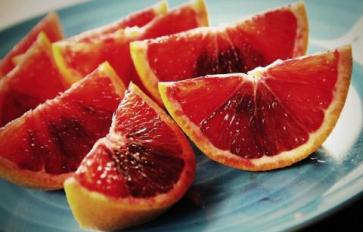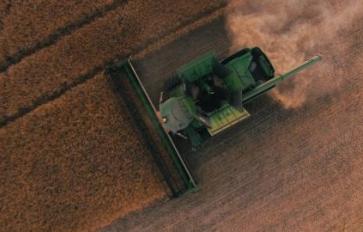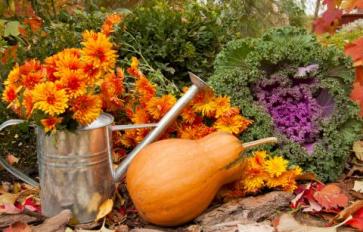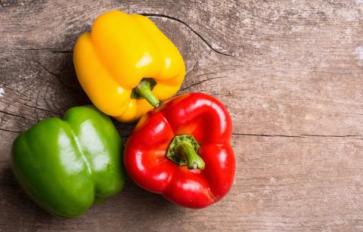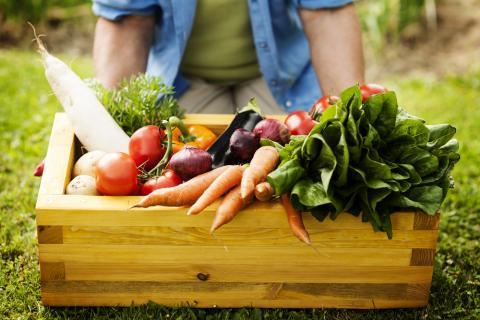
It’s not new information that I’m completely giddy over my CSA box subscription. For me, it’s a win-win…I get fresh, local, organic produce delivered near my home every week (encouraging me to try new veggies and eat more greens) and a local farm gets my financial support to continue growing those goodies. For these reasons and more, supporting your local farm with a CSA or veggie box subscription can be a great thing with real impact.
Recently, my CSA farm sent out a message to its subscribers. Apparently, some members had expressed dissatisfaction with the recent boxes and their limited variety. On the one hand, I understand their frustration: who doesn’t want a good variety of delicious organic produce every week and to get the most bang for their buck? On the other hand, placing blame for the slim pickin’s on the hardworking local farmers seems antithetical to the philosophy of “Community Supported Agriculture.” Instead, I take a different perspective…
Having a week or two of skinny veggie boxes makes me appreciate the cyclical way of nature and life. Years ago, before technology changed modern farming so significantly, people’s diets were much more dependent on weather and climate. Too much or too little rain might mean your family starved; an unexpected pest infestation could wipe out an entire crop, leaving your family little variety for a full season of eating. Today, we’re fortunate that when our subscription box is lacking, we can travel a few blocks (or miles) to the store and supplement our meal with numerous canned, fresh, and frozen options from all over the world.
Since we’re not at risk of actual starvation or nutrient deficiency when our local crop is insufficient, we can approach it from a perspective of gratitude. We can be grateful that we have the privilege of choice: choice to support local organic farming, and choice to supplement that food from a larger grocery if necessary. We can be grateful that, despite its shortcomings, modern advances in farming have made it much less likely that a bad year of crops will lead to widespread death in our communities. And we can be grateful that nature is nothing if not changing, and the challenges our local farmers face this season will be different next season.
We can also use a low yielding season to remind us of our connection to Mother Nature. She nurtures us and provides for us; once upon a time, our success ebbed and flowed with hers (spoiler alert: it still does!). We, as a society, can continue to create barriers between ourselves and Nature, but it would serve us to instead lean into the cooperative relationship we have with her.
If there are children in our families, we can also use this as a learning opportunity. Farming, like life, is not guaranteed. Food doesn’t magically appear in stores (or in boxes!). Real live people work hard to grow it, and sometimes they face challenges beyond anyone’s control. If you’ve gardened with your children, talk about the trials you faced with your own garden. If your farm encourages visits, perhaps plan one to go look at the farm. If they’re older, you can engage them in the pros and cons of eating local, even if it means boring or repetitive meals for a few weeks. Farming is unpredictable; if it’s appropriate for your older children you could even discuss the decline of young adults farming and the increased challenges facing modern farmers (including mental health struggles).
Every time my extended family gets together, inevitably my mother will bring up the “Winter of Squash”—one particularly cold and snowy winter, after a bumper crop of yellow squash (which my grandmother mostly canned), my mother swears the family ate squash three meals a day (my grandmother insisted they never had it for breakfast!). I’m certainly not asking you to eat the same veggies three meals a day for three months straight, but it is a family story we all remember and laugh about, and it taught me some valuable lessons at a young age: you use what you have, some years are better than others, and you can fix squash dozens of different ways.
Part of the mission of subscribing to a CSA box is to support local farmers—that means through the rough times as well as the good. That natural ebb and flow is all part of the (organic) farming process, and to complain about it instead of reflecting on what it means is a missed opportunity.


